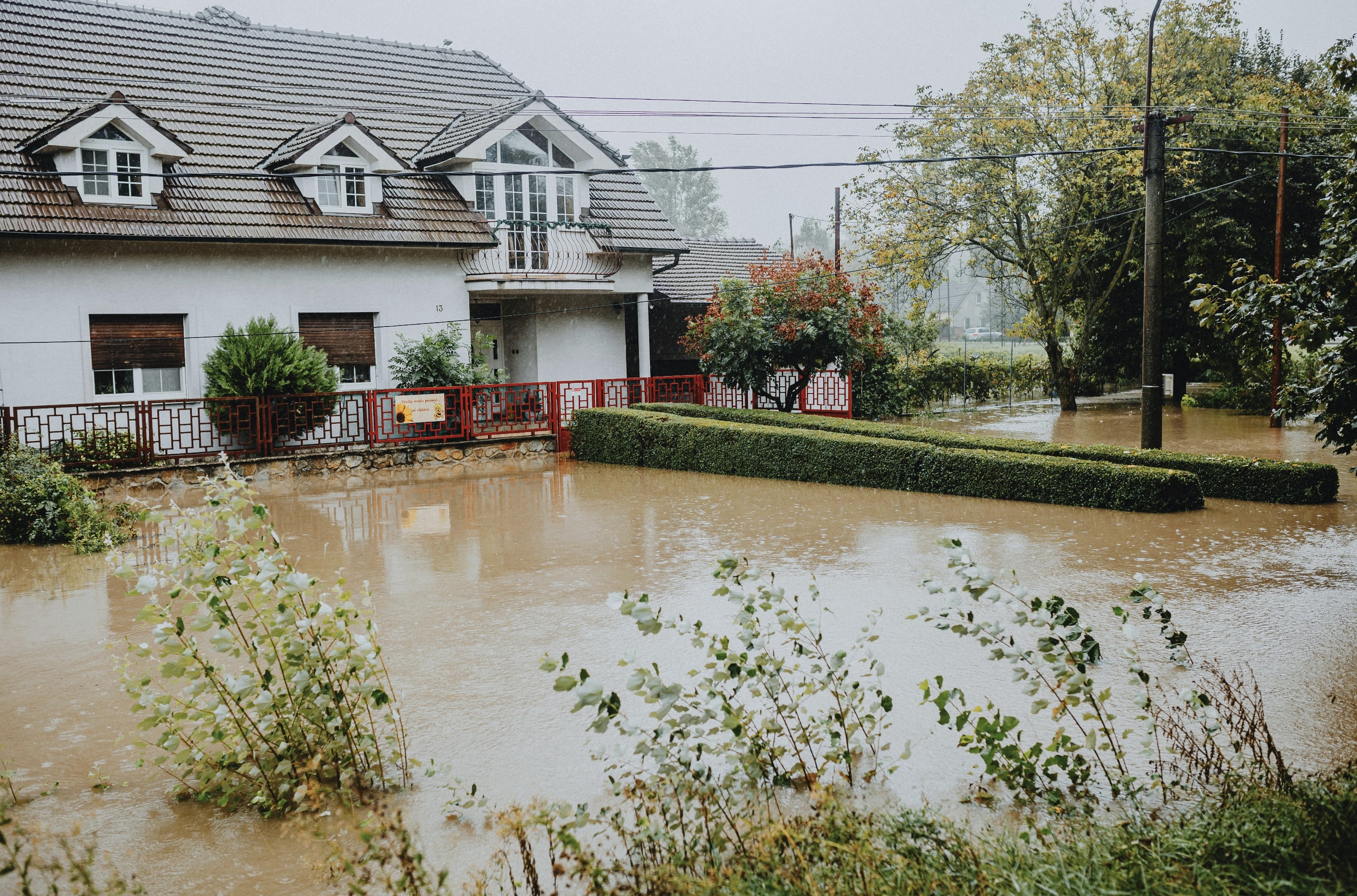Who Qualifies for Insurance Housing? A Guide for Policyholders
Jan 3, 2025When disaster strikes and your home becomes uninhabitable, one of the most immediate concerns is finding a place to stay. Insurance housing, often referred to as loss of use coverage, can be a lifesaver during these stressful times, offering financial support for temporary accommodations. However, not every policyholder may know if they qualify for this benefit or how to navigate the claims process. In this blog, we’ll walk you through what you need to know about insurance housing, including eligibility requirements, common qualifying scenarios, and how to successfully manage the claims process.
Understanding Insurance Housing: What is it and Why Does it Matter?
Insurance housing, often referred to as temporary housing or loss of use coverage, is a benefit provided by certain insurance policies that helps cover living expenses when a policyholder’s home becomes uninhabitable due to a covered event, such as a fire, flood, or severe storm. This benefit is crucial for maintaining stability during difficult times, as it allows individuals and families to secure temporary accommodations while their homes are being repaired or rebuilt.
Understanding insurance housing is essential for policyholders because it not only provides financial assistance but also peace of mind during a crisis. Knowing what is available can help you make informed decisions about your insurance coverage and ensure you have the necessary support when unexpected events occur.
Key Eligibility Criteria for Insurance Housing Benefits
To qualify for insurance housing benefits, policyholders typically need to meet certain eligibility criteria set forth by their insurance provider. These criteria often include having a valid homeowners or renters insurance policy that includes loss of use coverage, experiencing a covered loss that renders the home uninhabitable, and promptly notifying the insurance company of the incident.
Additionally, some policies may have specific terms regarding the duration and amount of benefits provided, so it’s important to review your policy details. Understanding these criteria can help you determine your eligibility and prepare for the claims process effectively.

Common Situations That Lead to Insurance Housing Qualification
Insurance housing qualifications commonly arise from various situations, including natural disasters like hurricanes, tornadoes, and floods, as well as man-made incidents such as fires or vandalism. Each of these events can cause significant damage, making a home temporarily unsafe or uninhabitable.
Other situations that may qualify include extensive plumbing issues, structural damage due to accidents, or even mandatory evacuations. Recognizing these scenarios can help policyholders understand when to file a claim and seek temporary housing support.
How to Navigate the Claims Process for Insurance Housing
Navigating the claims process for insurance housing can seem daunting, but understanding the steps can simplify the experience. Start by documenting the damage extensively, including photographs and written accounts, and then immediately contact your insurance provider to report the incident and request assistance with temporary housing.
Your insurer will guide you through the claims process, including verifying your eligibility and determining the extent of coverage available. Keeping thorough records of all communications and expenses incurred for temporary housing will also facilitate smoother claims processing and reimbursements.
Frequently Asked Questions About Insurance Housing Eligibility
Frequently asked questions about insurance housing eligibility often include inquiries about what types of damages are covered, how long you can stay in temporary housing, and how reimbursement works for out-of-pocket expenses. Many policyholders wonder if they can choose their own accommodations or if they are limited to specific options provided by the insurer.
Additionally, questions may arise about how to handle disputes with the insurance company regarding coverage amounts or eligibility. It’s crucial to communicate openly with your insurance agent and refer to your policy for clarification on these common concerns.
Understanding who qualifies for insurance housing and how the claims process works can make a significant difference when facing a crisis. By familiarizing yourself with the key eligibility criteria and knowing what steps to take in the event of a covered loss, you can ensure you’re prepared and supported during challenging times. Remember, reviewing your policy details and staying in communication with your insurer will help you secure the temporary housing you need while your home is being repaired. With the right knowledge, you can navigate the process smoothly and focus on rebuilding your life after a disaster.
Back To Blog

Recent Comments